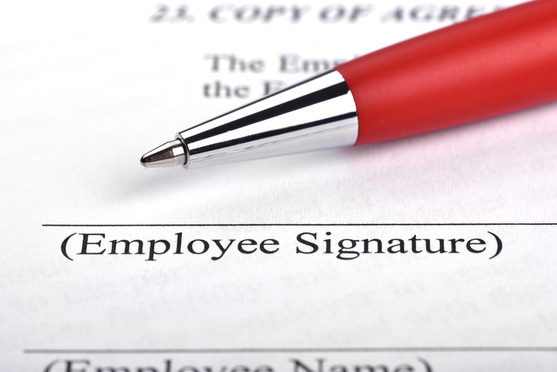Whether arbitration is the most efficient mechanism for resolving employment disputes is for another day. For now, more and more employers require their workers to submit their disputes to arbitration on an individual basis. Arbitration continues to gain momentum and popularity as a preferred mechanism to resolve employment disputes in a more economical, efficient, and confidential manner. Courts routinely enforce arbitration agreements and order employees or former employees to pursue the relief they seek in an arbitral forum and, if appropriately drafted, on an individual basis rather than as part of a class.
You likely already know whether your company’s policies require disputes to be resolved in arbitration. But you should take a closer look. Have you signed your employment agreements or dispute resolution policies? Oftentimes, employers include arbitration and class waiver provisions in their standard employment agreements; others have stand-alone dispute resolution agreements that specify arbitration is the preferred forum to resolve disputes. But are they enforceable? Or have you overlooked a barrier to enforcement that will surprise you later after a former employee sues your business? Rest assured savvy plaintiffs lawyers are looking for some basis to avoid your agreements. You can avoid many pitfalls by simply reviewing your agreements to ensure they comply with the law and taking advantage of recent employer-friendly decisions.







